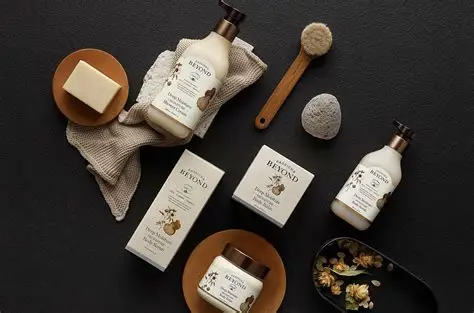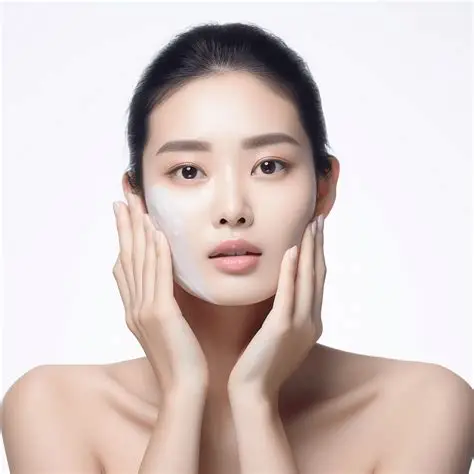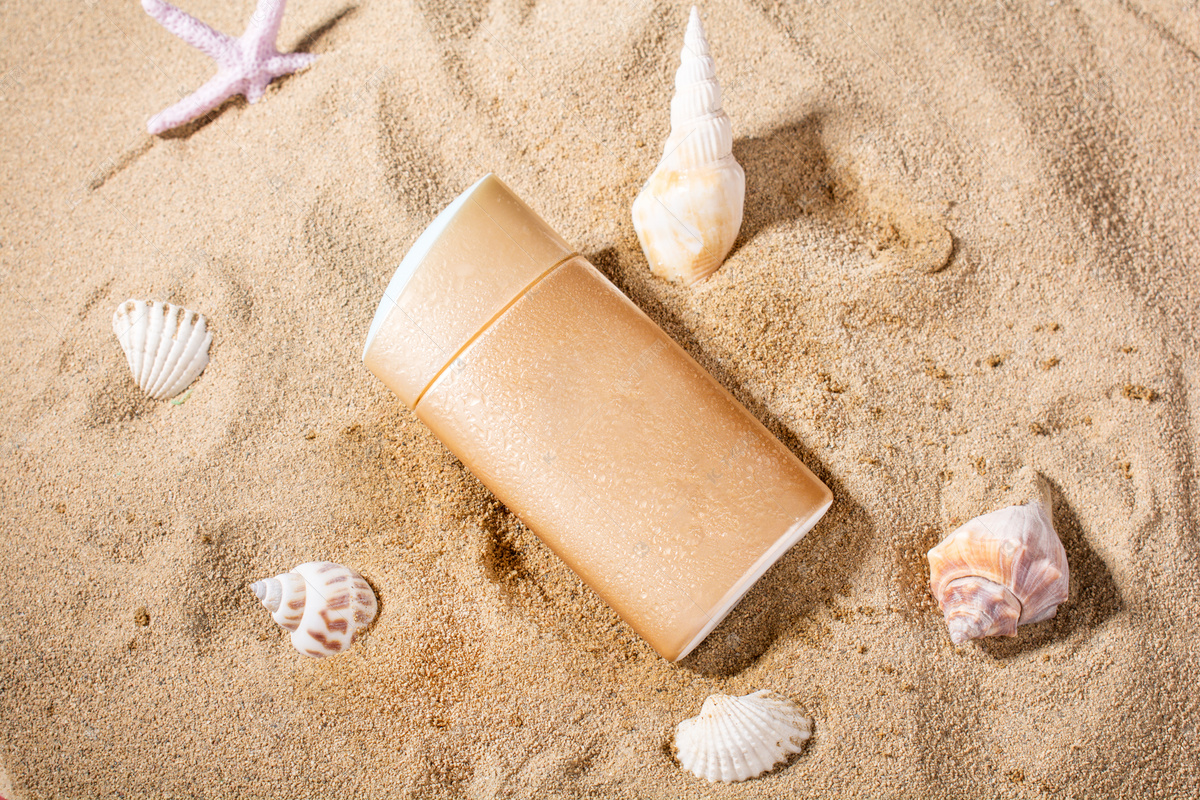Ultimate Anti-Aging Skincare Routine for Your 30s

Your 30s mark a pivotal time for skincare as collagen production begins to slow down and the first signs of aging become more apparent. Establishing a comprehensive anti-aging routine now can help maintain youthful, radiant skin for years to come.
The skin changes that occur in your 30s are subtle but significant. Cell turnover slows from every 28 days to 35-40 days, fine lines may begin to appear around the eyes and mouth, and skin may start to lose some of its firmness and elasticity. The good news is that with the right approach, these changes can be minimized and even prevented.
Understanding Your Skin in Your 30s
During your 30s, several biological changes affect your skin's appearance and health. Collagen production decreases by approximately 1% per year after age 25, while elastin fibers begin to break down. Environmental damage from UV exposure and pollution accumulated over the years starts to become visible, and hormone fluctuations can affect skin texture and oil production.

The Complete Morning Routine
Step 1: Gentle Cleansing
Start your day with a gentle, pH-balanced cleanser that removes overnight buildup without stripping your skin's natural barrier. Look for cream or lotion cleansers with ingredients like ceramides or glycerin. Avoid harsh sulfates that can lead to dryness and irritation.
Step 2: Vitamin C Serum
Vitamin C is a powerhouse antioxidant that protects against free radical damage and stimulates collagen production. Use a stable form like L-ascorbic acid, magnesium ascorbyl phosphate, or sodium ascorbyl phosphate. Start with a 10-15% concentration and gradually increase if your skin tolerates it well.
Step 3: Hydrating Toner or Essence
A hydrating toner or essence with hyaluronic acid, glycerin, or ceramides helps restore moisture and prepares your skin for subsequent products. This step is particularly important as skin becomes drier with age.
Step 4: Eye Cream
The delicate eye area is often the first to show signs of aging. Use an eye cream with peptides, hyaluronic acid, or caffeine to address fine lines, puffiness, and dark circles. Apply gently with your ring finger to avoid pulling the skin.
Step 5: Moisturizer
Choose a moisturizer that suits your skin type but provides adequate hydration. Look for ingredients like niacinamide, ceramides, and peptides that offer anti-aging benefits while maintaining the skin barrier.
Step 6: Broad-Spectrum SPF
Never skip sunscreen, even on cloudy days. Use a broad-spectrum SPF 30 or higher that protects against both UVA and UVB rays. Zinc oxide and titanium dioxide are excellent physical blockers that are gentle on sensitive skin.

The Essential Evening Routine
Step 1: Double Cleansing
Remove makeup and sunscreen with an oil-based cleanser first, followed by your regular gentle cleanser. This ensures all impurities are removed without over-cleansing.
Step 2: Treatment Toner
In the evening, you can use a treatment toner with gentle exfoliating acids like lactic acid or mandelic acid 2-3 times per week. These help accelerate cell turnover and improve skin texture.
Step 3: Retinol or Retinoid
Retinoids are the gold standard for anti-aging. Start with a low concentration retinol (0.25% or 0.5%) and use it 2-3 times per week initially. Gradually increase frequency as your skin builds tolerance. Always follow with moisturizer and use sunscreen diligently the next day.
Step 4: Hydrating Serum
On non-retinol nights, use a hydrating serum with hyaluronic acid, niacinamide, or peptides. These ingredients help repair and strengthen the skin barrier while you sleep.
Step 5: Face Oil (Optional)
If you have dry or mature skin, a face oil with ingredients like rosehip, argan, or jojoba can provide additional nourishment and help lock in moisture overnight.
Step 6: Night Moisturizer
Use a richer night moisturizer that provides intensive hydration and repair. Look for ingredients like ceramides, peptides, and antioxidants that work while your skin naturally regenerates during sleep.
Key Ingredients for Anti-Aging
Retinoids
The most scientifically proven anti-aging ingredient, retinoids stimulate collagen production, increase cell turnover, and reduce the appearance of fine lines and wrinkles. Start slowly and build tolerance gradually.
Vitamin C
A powerful antioxidant that protects against environmental damage, brightens skin tone, and stimulates collagen synthesis. Use in the morning for maximum protection benefits.
Hyaluronic Acid
This humectant can hold up to 1,000 times its weight in water, making it excellent for maintaining skin hydration and plumpness. Suitable for all skin types.
Niacinamide
Also known as Vitamin B3, niacinamide improves skin texture, reduces pore appearance, regulates oil production, and has anti-inflammatory properties.
Peptides
These small proteins signal your skin to produce more collagen and can help improve skin firmness and elasticity over time.

Weekly and Monthly Treatments
Chemical Exfoliation
Incorporate AHA or BHA treatments 1-2 times per week to remove dead skin cells and improve texture. Glycolic acid and lactic acid are excellent choices for anti-aging benefits.
Face Masks
Use hydrating masks weekly and clarifying masks bi-weekly. Look for masks with ingredients like hyaluronic acid, ceramides, or clay depending on your skin's needs.
Professional Treatments
Consider monthly professional facials or quarterly treatments like chemical peels or microneedling to boost your at-home routine's effectiveness.
Lifestyle Factors for Healthy Aging
Skincare products are only part of the anti-aging equation. Adequate sleep (7-9 hours), regular exercise, a diet rich in antioxidants, proper hydration, and stress management all contribute to healthy, youthful-looking skin.
Avoid smoking and limit alcohol consumption, as both accelerate skin aging. Consider taking supplements like vitamin C, vitamin E, and omega-3 fatty acids after consulting with a healthcare provider.
Common Mistakes to Avoid
Many people make the mistake of using too many active ingredients at once, which can lead to irritation and barrier damage. Introduce new products gradually and pay attention to how your skin responds.
Another common error is inconsistency. Anti-aging results require patience and consistent use of products over months, not weeks. Don't expect overnight miracles from any product or ingredient.
Building Your Routine Gradually
If you're new to anti-aging skincare, don't overhaul your entire routine at once. Start with the basics: gentle cleanser, moisturizer, and sunscreen. After 2-4 weeks, add one new product at a time, allowing your skin to adjust.
Monitor your skin's response and adjust accordingly. Some initial dryness or mild irritation is normal when starting retinoids or acids, but severe reactions indicate you should reduce frequency or concentration.
Remember, the best anti-aging routine is one you'll consistently follow. Choose products that feel good on your skin and fit your lifestyle to ensure long-term success in maintaining healthy, youthful-looking skin throughout your 30s and beyond.

